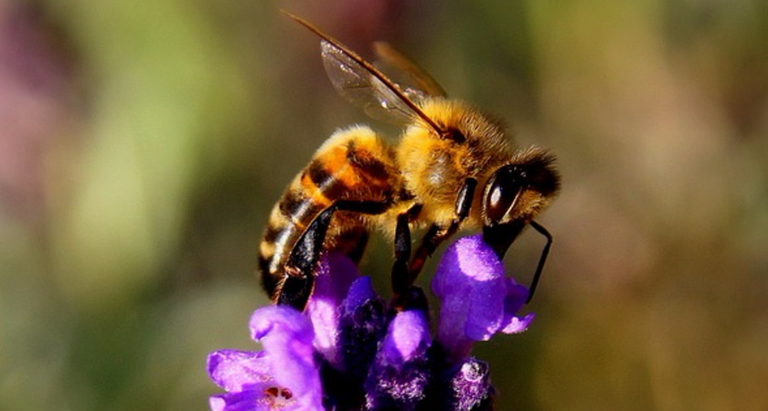
So, Exactly What are these Important Bees?
Honey bees are social insects like ants and other hymenoptera. (membrane winged insects) Do you know what being a social insect means? They are insects which live in large groups. These are called colonies and a single honey bee colony can have as many as 60,000 bees in it. With so many bees in each colony, it is important that different jobs are given to different bees, and that each bee knows what it should be doing.
Organization is Important for Bees
Organization is important because the success of the colony is dependent on how well the bees work their jobs. Team work among the colony is vital for the hive to function well. And so for the good of the hive, the entire colony must work as a team. In case you don’t exactly know, a hive is the bee’s home or nest, where eggs are laid and the bees store their ready made honey. Inside the hive, there are three types of bees: the queen, workers, and drones. Each bee has its own purpose within this hive.

The Queen of The Hive
There is only one queen within a typical hive and – interesting fact – the male drones actually do not have stingers. The queen, as well as worker bees, have stings at the end of their abdomens, which they use in emergencies to defend their territory should the hive be attacked. The queen is the largest bee in the hive, with a longer abdomen, a non hairy shiny thorax (middle section). She maintains the colony’s numbers by laying as many eggs as she possibly can, laying up to 2,000 eggs a day.
Worker Bees
The worker bees outnumber the other bees in the hive, although they are the smallest members of the beehive. Did you know that, in fact, all worker bees are female? And as I previously mentioned, worker bees have stingers; however, they can only sting once and then they die because when they sting, parts of their internal organs are pulled out with the sting. Ouch.
Why are Honey Bees So Important
Honey bees are very important. Why is this? They are the strongest link in the chain between the people who grow the food and the people who eat the food. Without bee pollination, the food we eat could decrease by up to a 3rd. Many fruits such as oranges, apples, peaches, pears, strawberries, cherries, vegetables, nuts and seeds are all pollinated by worker bees. As well as pollinating many crops, honey produced by honey bees is a very important source of energy especially in poorer nations.
How Can we Help Honey Bees?
Humans have been harvesting honey for at least 6000 years, possibly longer. At this present time bees are suffering from many conditions which have plummeted their numbers to drastic levels and many hives have mysteriously disappeared. The causes aren’t fully understood, but are usually blamed on the rising use of pesticides, and many diseases which colonies tend to suffer from like the deadly cripaviridae, and chronic bee paralysis virus. Everything in our absolute capability must be done to find the causes. We we must protect bee colonies.
We must also encourage wild bees by planting flowers, particularly flowers they like, which will help encourage their numbers. It’s quite simple. Without bees, we will not be able to eat the necessary fruits and vegetable we need in our diets. No bees, no ecosystem. If the bees go, they will take us with them.

Join us here and be part of a movement to make change http://www.crowdfunder.co.uk/save-the-earth-the-peoples-cooperative